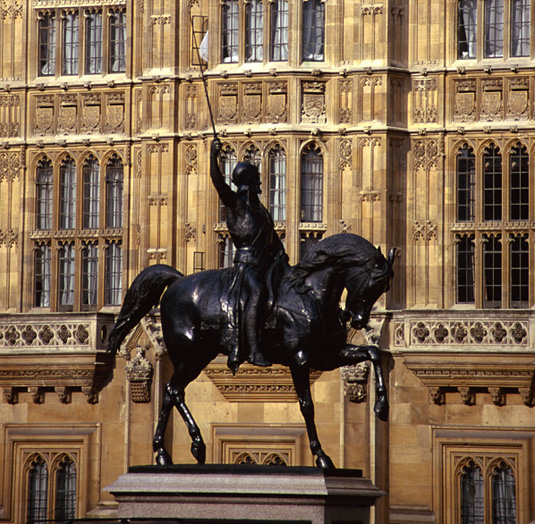HM Revenue and Customs (HMRC) is not doing enough to tackle tax fraud, according to a Public Accounts Committee (PAC) report. Tax fraud results in losses of some £16 billion a year, almost half of the £34 billion tax gap — that is, the difference between the amount of tax HMRC collects and how much it should, in theory, collect.
The committee of MPs finds the department has not set out a clear strategy for dealing with tax fraud and concludes it does not know what meeting its target of 1,000 additional prosecutions has achieved. MPs describe the department’s reporting of its own performance as “too confusing”. They also call on HMRC to address the perception that it does not tackle tax fraud by the wealthy.
Among its recommendations, the committee urges HMRC to “clearly set out in its annual reports the relationship between its compliance yields and changes in the tax gap”, and also publish this information “in a way that is accessible for everyone to understand.”
The committee says HMRC should set out its strategy to tackle fraud by November 2016, and also take steps to “counter the belief that people are getting away with tax evasion”.
It calls on HMRC “to increase the number of investigations and prosecutions, including wealthy tax evaders, and publicise this work to deter others from evading tax and to send out a message that those who try will not get away with it”. The committee also calls for clarity on the “growing risk” of VAT fraud by internet traders, and on the effectiveness of measures intended to tackle this fraud. They say HMRC’s strategy for tackling tax fraud is unclear, particularly its approach to prosecutions where it does not know the number needed to provide an effective deterrent.
Comment
Meg Hillier, Chair of the PAC, said: “The scale of tax fraud, both in cash terms and as a proportion of uncollected tax, demonstrates just how vital it is for HMRC to bring focus to its efforts in this area. The public purse is missing out on some £16 billion in tax a year because of evasion and other criminal activities. When people break the law, there must be consequences—and there must be seen to be consequences. Honest taxpayers rightly expect a tax system that works fairly for all and any perception that this is not the case undermines the public’s trust in that system. Its credibility is at risk. The release of the ‘Panama Papers’ underlines that there are wealthy people and companies who seek to keep their affairs secret.
“Where this secrecy involves criminal activity, prosecution must follow—and the threat of prosecution must serve as an effective deterrent to others. The department must be far clearer with Parliament and the public about its strategy for combating tax fraud and the impact of that strategy on the tax gap. To achieve this it needs a better grasp of its own work. The evidence we heard from HMRC did not convince us it properly understands the effectiveness of the different enforcement and deterrent tactics it employs. This is a fundamental weakness in its strategy.”










